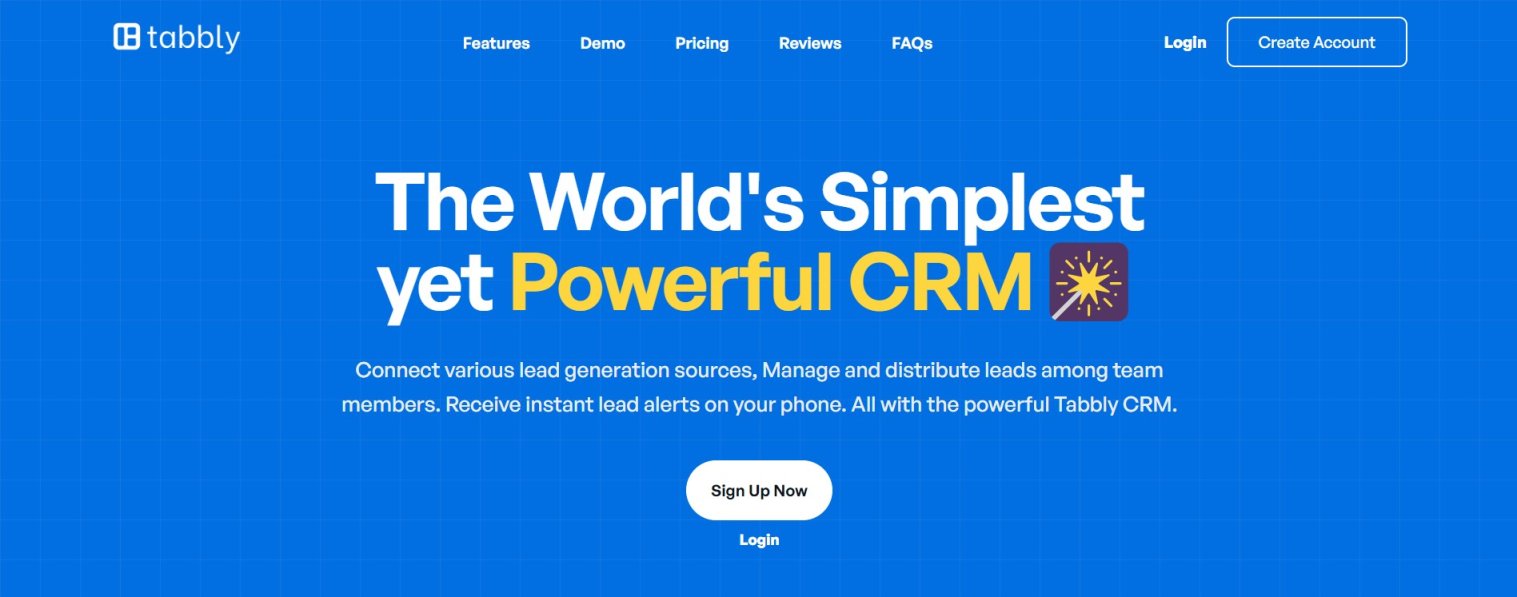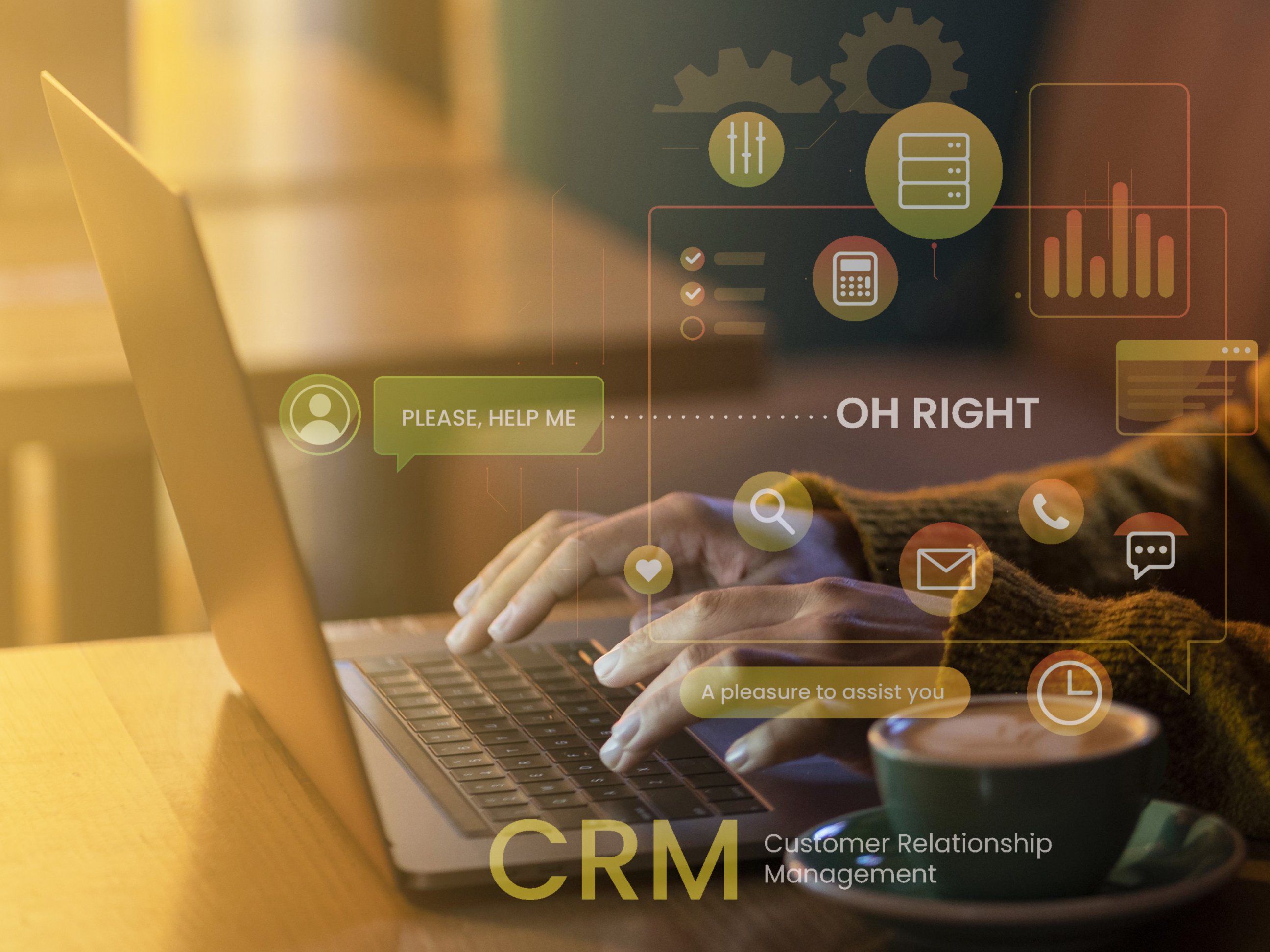Customer Relationship Management (CRM) systems are like digital tools that help businesses keep track of their interactions with customers. They store information about things like emails, phone calls, purchases, and questions from customers all in one place. This helps companies understand what their customers like and need so they can serve them better.
Developing a good CRM system is really important for businesses. It helps them build stronger connections with their customers by giving them personalized experiences. This makes customers happier and more likely to stick around.
Plus, CRM systems make it easier for everyone in the company to work together and get things done efficiently.
But making a CRM system isn't always easy. One challenge is figuring out exactly what the system needs to do and how big it should be. Sometimes, it's hard to make the new CRM system work with the other tools and systems a company already uses.

Understanding Common Challenges in CRM Development
Developing a Customer Relationship Management (CRM) system can be a real puzzle for businesses. Let's break down some of the most common challenges they face
Defining Clear Objectives and Scope:
- This challenge involves clearly articulating what the CRM system needs to achieve and outlining its scope of functionality.
- Lack of clarity in objectives can lead to misunderstandings, project delays, and budget overruns.
- To overcome this challenge, stakeholders must collaborate to define specific goals, prioritize features, and establish a well-defined project scope.
Integration Complexity:
- Integrating a new CRM system with existing software, databases, and processes can be complex and require careful planning.
- Different systems may use incompatible formats or protocols, making seamless integration challenging.
- Overcoming integration challenges involves conducting a thorough assessment of existing systems, identifying integration points, and utilizing compatible technologies such as APIs (Application Programming Interfaces) or middleware.
User Adoption and Resistance:
- Introducing a new CRM system can face resistance from employees who are accustomed to existing workflows or reluctant to learn new tools.
- Lack of user adoption can hinder the success of the CRM implementation and limit its effectiveness.
- Strategies to overcome user resistance include providing comprehensive training, soliciting feedback from users, and demonstrating the benefits of the new system through real-life examples and success stories.
Data Quality and Management:
- Maintaining accurate and reliable data is essential for the effectiveness of a CRM system.
- Challenges such as duplicate records, incomplete information, and outdated data can undermine its functionality.
- Implementing data quality processes, such as data validation, deduplication, and regular data cleansing, helps ensure the integrity of the CRM data.
Scalability and Flexibility:
- As businesses grow and evolve, their CRM needs may change, requiring the system to scale accordingly.
- Building a CRM system that can accommodate increased data volume, user base, and functionality while maintaining performance is crucial.
- Designing a flexible architecture, utilizing scalable infrastructure, and adopting modular development approaches can help ensure the system's scalability and adaptability.
Security Risks:
- CRM systems store sensitive customer data, making them attractive targets for cyber threats and data breaches.
- Security vulnerabilities, such as unauthorized access, malware attacks, and data leaks, pose significant risks to customer privacy and business reputation.
- Implementing robust security measures, including data encryption, access controls, regular security audits, and employee training on security best practices, helps mitigate these risks.
Customization Limitations:
- Off-the-shelf CRM solutions may not fully align with the specific requirements and workflows of every business.
- Customization limitations can restrict the ability to tailor the CRM system to meet unique business needs.
- Leveraging customizable CRM platforms, adopting flexible development frameworks, and partnering with experienced CRM developers can help address customization challenges.
Budget Constraints:
- Developing and implementing a CRM system requires financial resources for software licensing, development, training, and ongoing maintenance.
- Limited budget allocations can constrain the scope of the project and impact the quality of the CRM solution.
- Prioritizing essential features, exploring cost-effective development options, and allocating resources strategically can help mitigate budget constraints
Technological Complexity:
- Keeping up with rapidly evolving technologies and selecting the right tools and platforms for CRM development can be overwhelming.
- Technological complexity can lead to challenges in architecture design, system integration, and performance optimization.
- Staying informed about emerging technologies, conducting thorough research, and consulting with experts can help navigate technological complexities and make informed decisions. Additionally, businesses can invest in continuous learning and professional development for their IT teams to stay abreast of the latest technological advancements and best practices in CRM development.
User Experience Optimization:
- Designing a user-friendly interface and ensuring a seamless user experience is critical for driving user adoption and satisfaction.
- Poorly designed interfaces, complex navigation, and slow performance can hinder user productivity and satisfaction.
- Conducting user testing, gathering feedback from stakeholders, and iteratively refining the user interface based on user preferences and usability principles can help optimize the user experience. Additionally, businesses can invest in user experience (UX) design expertise and prioritize usability enhancements to create intuitive and engaging custom CRM development that enhances user satisfaction and productivity.
By addressing these challenges with careful planning, proactive strategies, and collaboration across teams, businesses can overcome obstacles and build custom CRM development that effectively supports their customer relationship management efforts and drive organizational success.

Strategies to Overcome CRM Development Challenges
Defining Clear Objectives and Scope:
- Conduct thorough stakeholder interviews to understand business needs and expectations.
- Use agile methodologies for iterative development, allowing flexibility to adapt to changing requirements.
- Document project requirements and scope in detail to provide a clear roadmap for development.
Integration Complexity:
- Assess existing systems and potential integration points early in the project.
- Utilize APIs (Application Programming Interfaces) and middleware solutions for seamless integration.
- Establish communication channels between systems to facilitate data exchange and workflow automation.
User Adoption and Resistance:
- Provide comprehensive training and support to users at all levels of the organization.
- Engage stakeholders throughout the development process to gather feedback and address concerns.
- Demonstrate the benefits of the new CRM development through pilot programs and success stories.
Data Quality and Management:
- Implement data validation rules and automated data cleansing processes to maintain data quality.
- Establish data governance policies and procedures to ensure data consistency and accuracy.
- Regularly audit data to identify and address any issues or discrepancies.
Scalability and Flexibility:
- Choose a flexible custom CRM that can scale with the company's growth.
- Design the system with modular components and scalable architecture to accommodate future expansion.
- Regularly assess system performance and scalability requirements to proactively address any limitations.
Security Risks:
- Encrypt sensitive data both at rest and in transit to protect against unauthorized access.
- Implement access controls and role-based permissions to limit user privileges.
- Conduct regular security audits and penetration testing to identify and mitigate potential vulnerabilities.
Customization Limitations:
- Prioritize essential customization needs and focus on delivering high-impact features.
- Leverage customizable CRM platforms and development frameworks to tailor the system to specific requirements.
- Partner with experienced CRM developers who can provide expertise in customizing and extending the crm development.
Budget Constraints:
- Prioritize project requirements based on business value and ROI (Return on Investment).
- Explore cost-effective development options, such as open-source CRM solutions or software as a service (SaaS) subscriptions.
- Allocate resources strategically and consider phased implementations to spread costs over time.
Technological Complexity:
- Stay informed about emerging technologies and industry best practices through continuous learning and professional development.
- Collaborate with technology experts and consultants to evaluate and select the right tools and platforms for CRM development.
- Break down complex tasks into manageable components and tackle them incrementally to reduce complexity and mitigate risks.
User Experience Optimization:
- Incorporate user feedback and usability testing throughout the development process to refine the user interface and experience.
- Focus on simplicity and intuitive design to minimize user frustration and improve productivity.
- Provide ongoing support and training to help users become proficient in using the CRM system effectively.
By implementing these strategies, businesses can overcome common CRM development challenges and build robust, effective CRM systems that drive customer engagement and business growth.

Searching CRM development services for Your Company?
If you are searching for the best CRM development companies in India?
Discover Tabbly the best edtech CRM, the ultimate in simplicity and power. Our CRM software for real estate empowers you to effortlessly onboard unlimited team members on the fly.
It seamlessly integrates all your sources to Lead management CRM, offering real-time Call Tracing CRM, and provides comprehensive sales stage reporting. With our intuitive web and mobile apps, managing leads has never been easier.
Ready to streamline your lead management? Sign up now, and experience the future of effortless CRM. Click here to get started!












